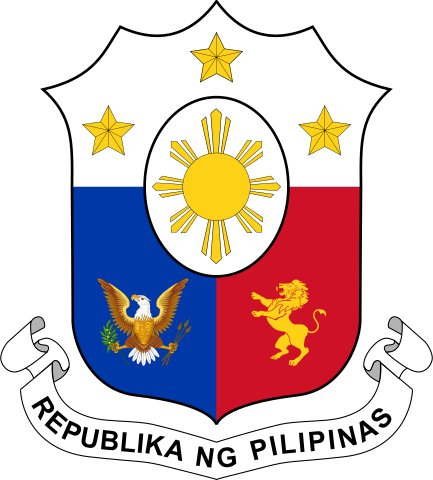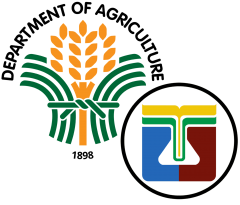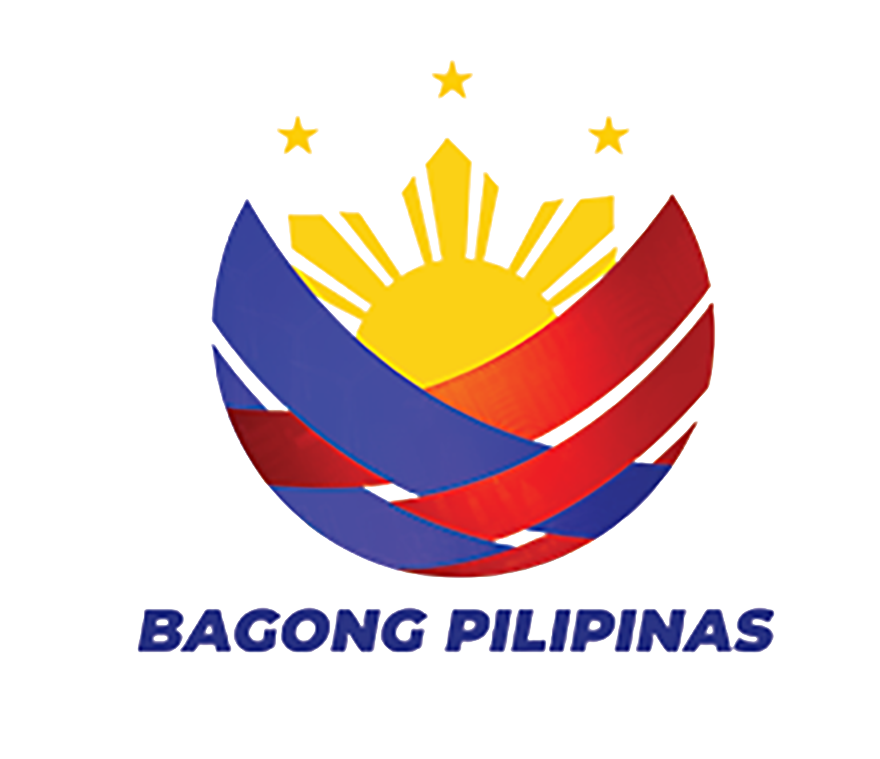Use of Truck-Mounted Drilling Rig and Hands-on Training
The Bureau of Soils and Water Management (BSWM), through the Water Resources Management Division (WRMD), is the focal office in the implementation of Small Scale Irrigation Projects (SSIPs), one of which is the Solar-Powered Irrigation System (SPIS). The SPIS is a flagship project of the Department of Agriculture, and the BSWM provides technical assistance on its planning and development. The SPIS uses solar panels to power pumps to utilize open water sources or groundwater for irrigation, especially in areas with scarce rainfall.
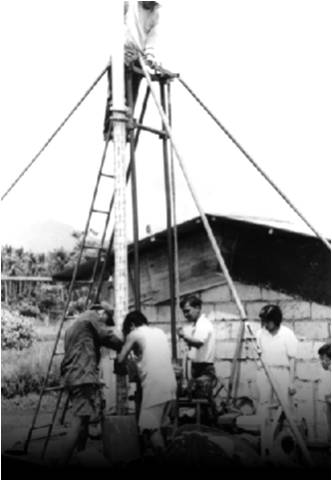
In the absence of a reliable nearby surface water source for irrigation, groundwater extraction is an option. The current strategy for well development for groundwater extraction involves manual impact boring by people that takes time and much labor. Given the limited resources of farmers to develop wells for groundwater extraction, the BSWM, through the WRMD led by the then Chief Engr. Teresita S. Sandoval and its current Chief Engr. Ernesto B. Brampio, was tasked to facilitate the procurement of six Truck-Mounted Water Well Drilling Rig and Support Equipment for groundwater development for irrigation as one of the activities under the Productivity Enhancement component of the Stimulus Package for Agriculture under the Bayanihan II. The implementation of the SPIS has been undertaken by the DA-Regional Field Offices (DA RFOs) since 2019. The six units of drilling rigs are allotted for delivery to BSWM Research Center in San Ildefonso, Bulacan, and DA RFOs of Cordillera Administrative Region, Regions 1, 3, 7, and 11. These recipients shall be responsible for the operation and maintenance (O&M) of the equipment, together with the georesistivity equipment that comes with it. The geo-resistivity survey will be able to provide possible or potential good aquifer to facilitate well development for agriculture. The recipients shall provide the necessary skilled operator and support staff and all the supplies and materials required for the O&M of the equipment.
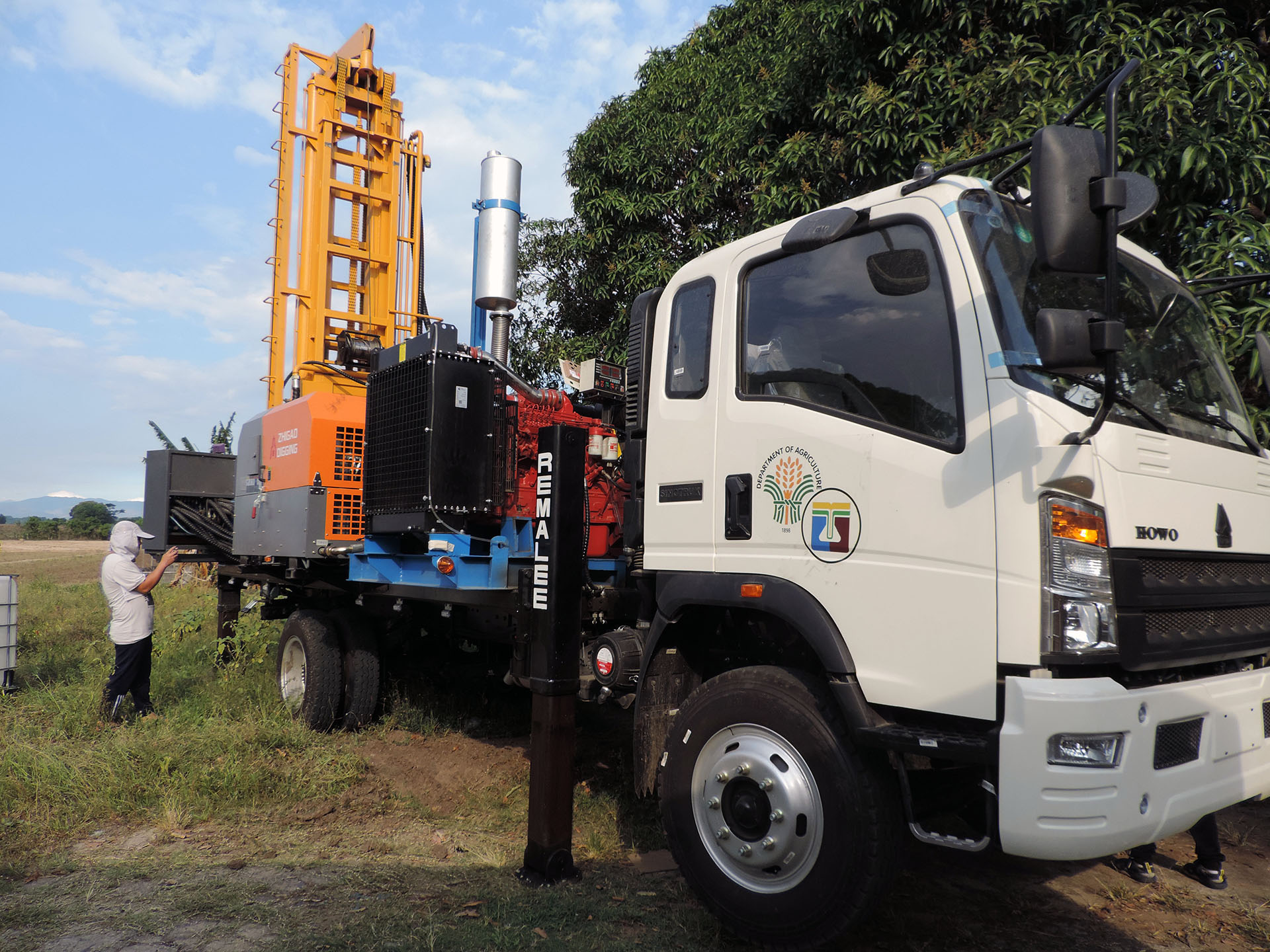
An actual drilling operation may comprise the following:
- Site Inspection;
- Mobilization;
- Drilling Machine positioning;
- Drilling Operation;
- Collecting Strata Sample;
- Casing Pipe Preparation and Perforation;
- Casing Pipe Installation;
- Initial Well Development;
- Gravel Packing;
- Final Well Development;
- Pump Test; and
- Demobilization.
Drilling operations may vary from one another, depending on many factors.
Hands-On Training on the use of Drilling Rig
The Remalee Supply and Engineering Works and Philin Builders – Joint Venture, in coordination with the BSWM, conducted a Hands-on Training on the use of the Water Well Drilling Rig for Groundwater Development last May 25 – June 2, 2021 in one of the BSWM Research Centers: National Soil and Water Resources Research and Development Center for Lowland-Upland Pedo-Ecological Zone (NSWRRD-LUPEZ) in San Ildefonso, Bulacan. The main objective of the training was to enhance the knowledge of the participants on the parts, operations, maintenance, and troubleshooting of the drilling rig, and to know more about well drilling and development. The training was attended by a total of 19 personnel from the BSWM, recipient DA-RFOs, and DA RFO 4B.
An actual drilling operation was conducted also in NSWRRDC-LUPEZ for the participants to experience actual drilling in the field. Resource persons included Engr. Alberto E. De Guzman and Engr. Florante T. Bande from the BSWM, and Engr. Cecillio B. Itable from Remalee Supply and Engineering Works, and Mr. Prince Allan Sison from Philin Builders. The participants were able to witness and participate in the activities constituting drilling of a well.
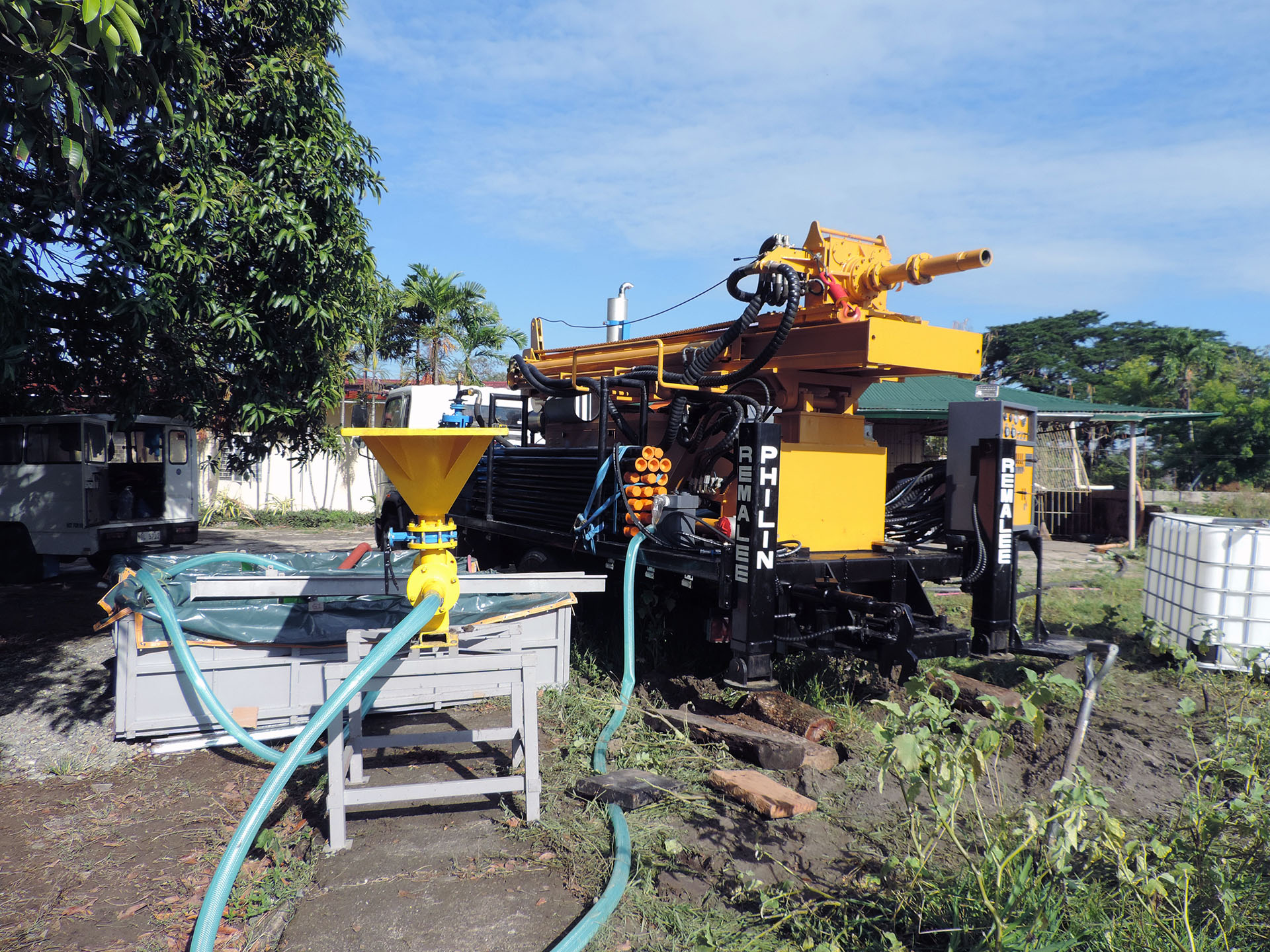
Figure 3. Leveling of the truck mounted drilling rig 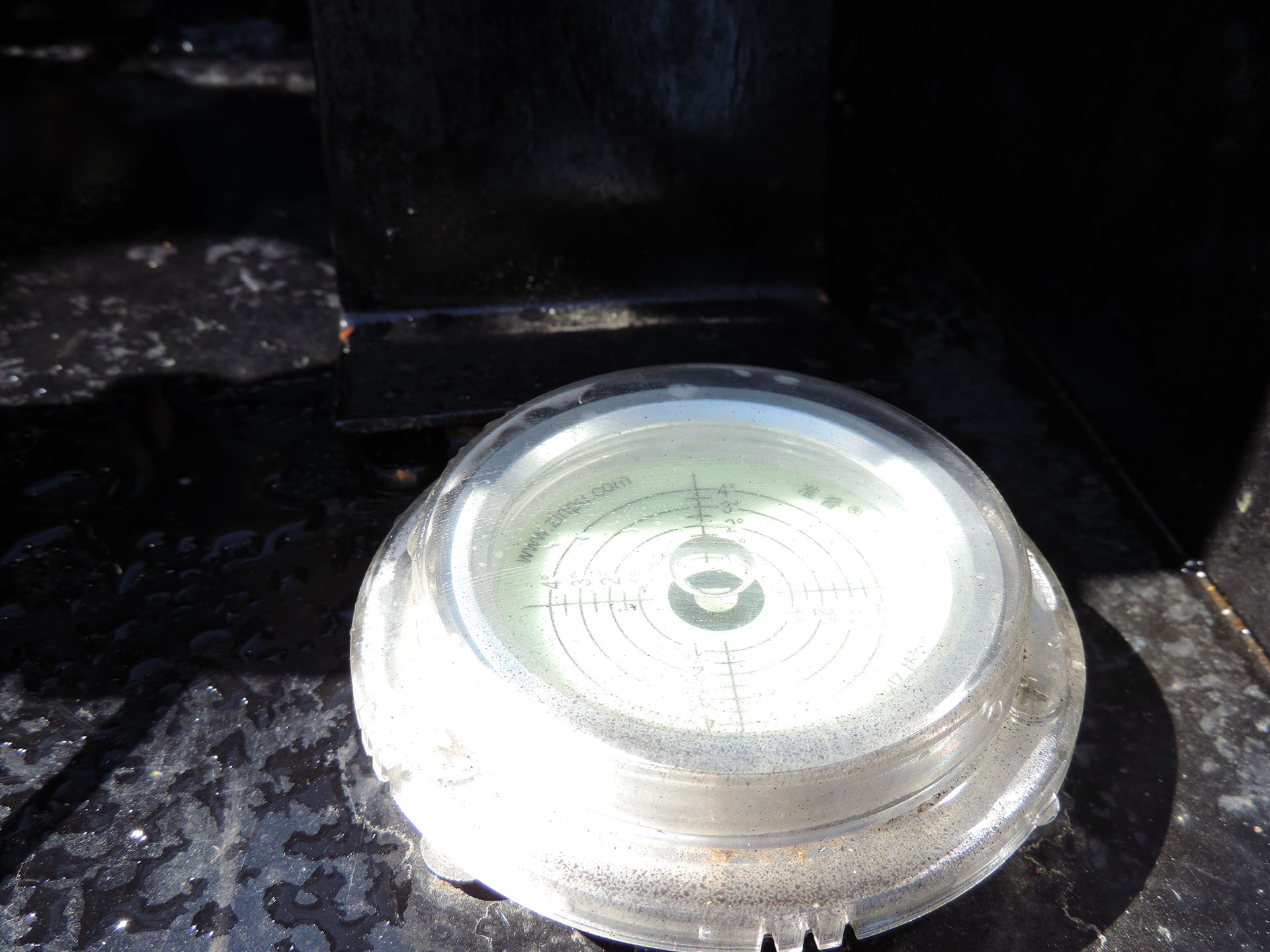
Figure 4. Leveling of the truck mounted drilling rig using the bubble 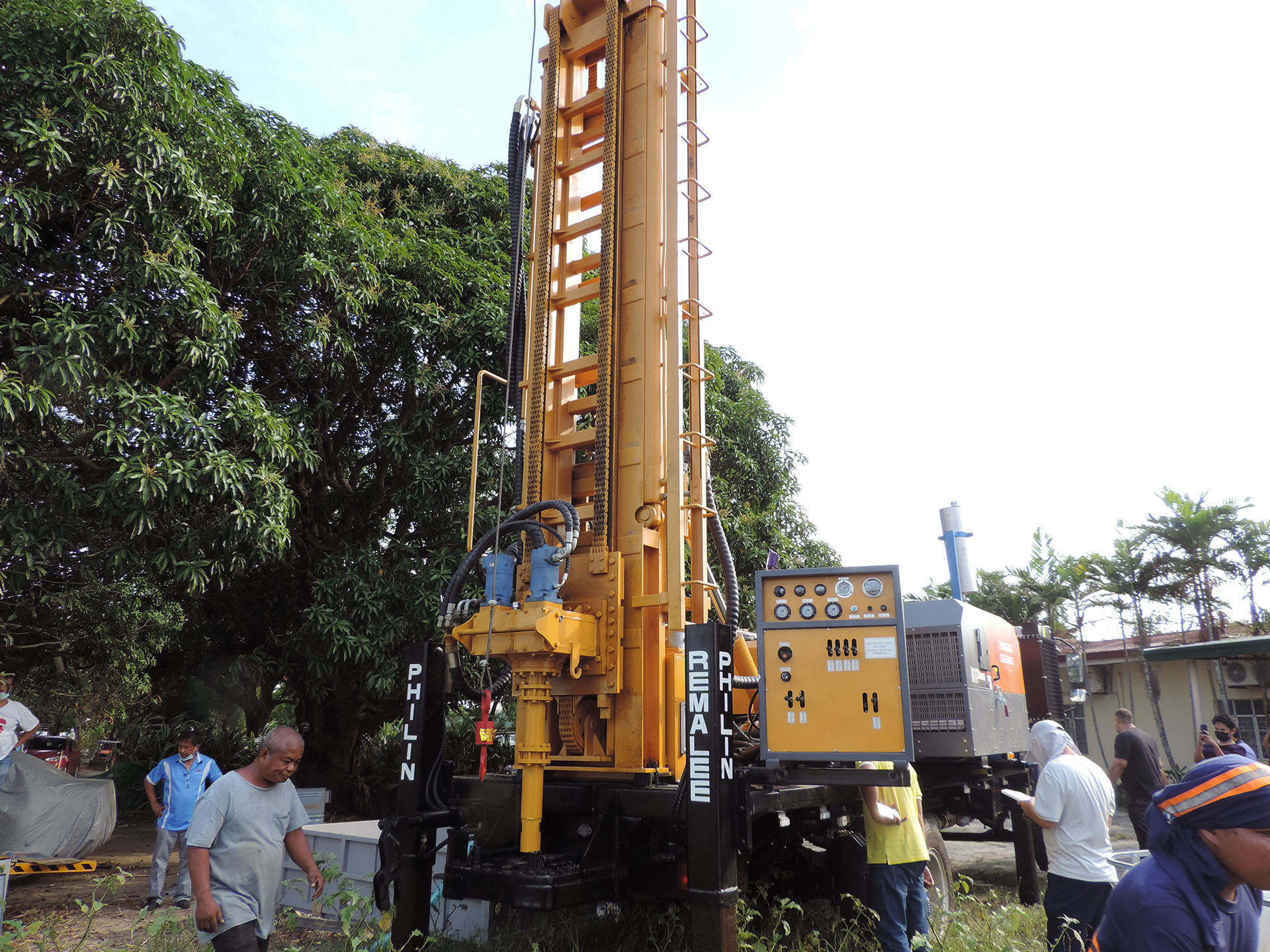
Figure 5.1. Actual Drilling Operation. Drilling of Pilot Hole: One by one training for the participants on the basic operation of the drilling rig 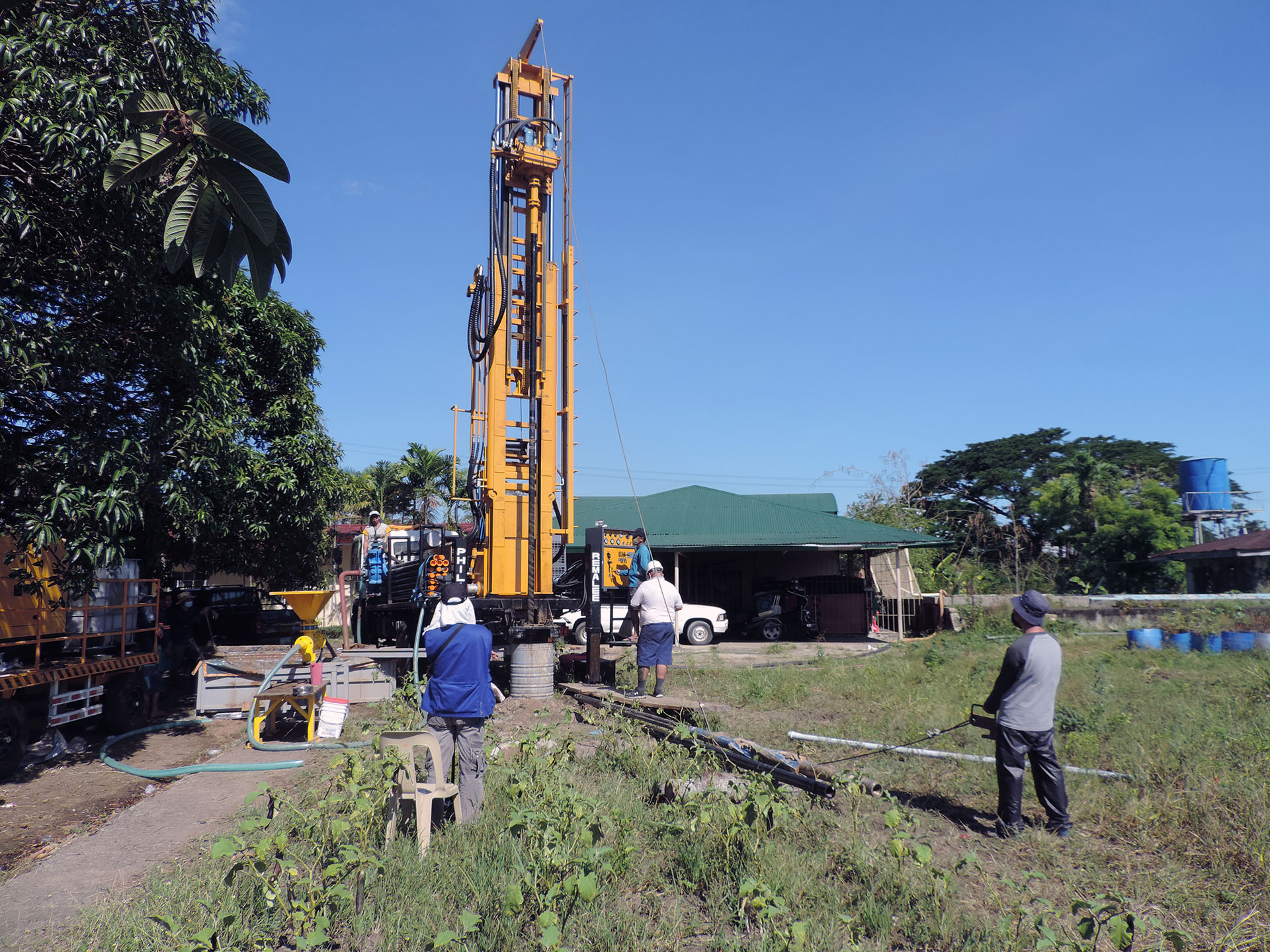
Figure 5.2. Actual Drilling Operation. Drilling of Pilot Hole: One by one training for the participants on the basic operation of the drilling rig 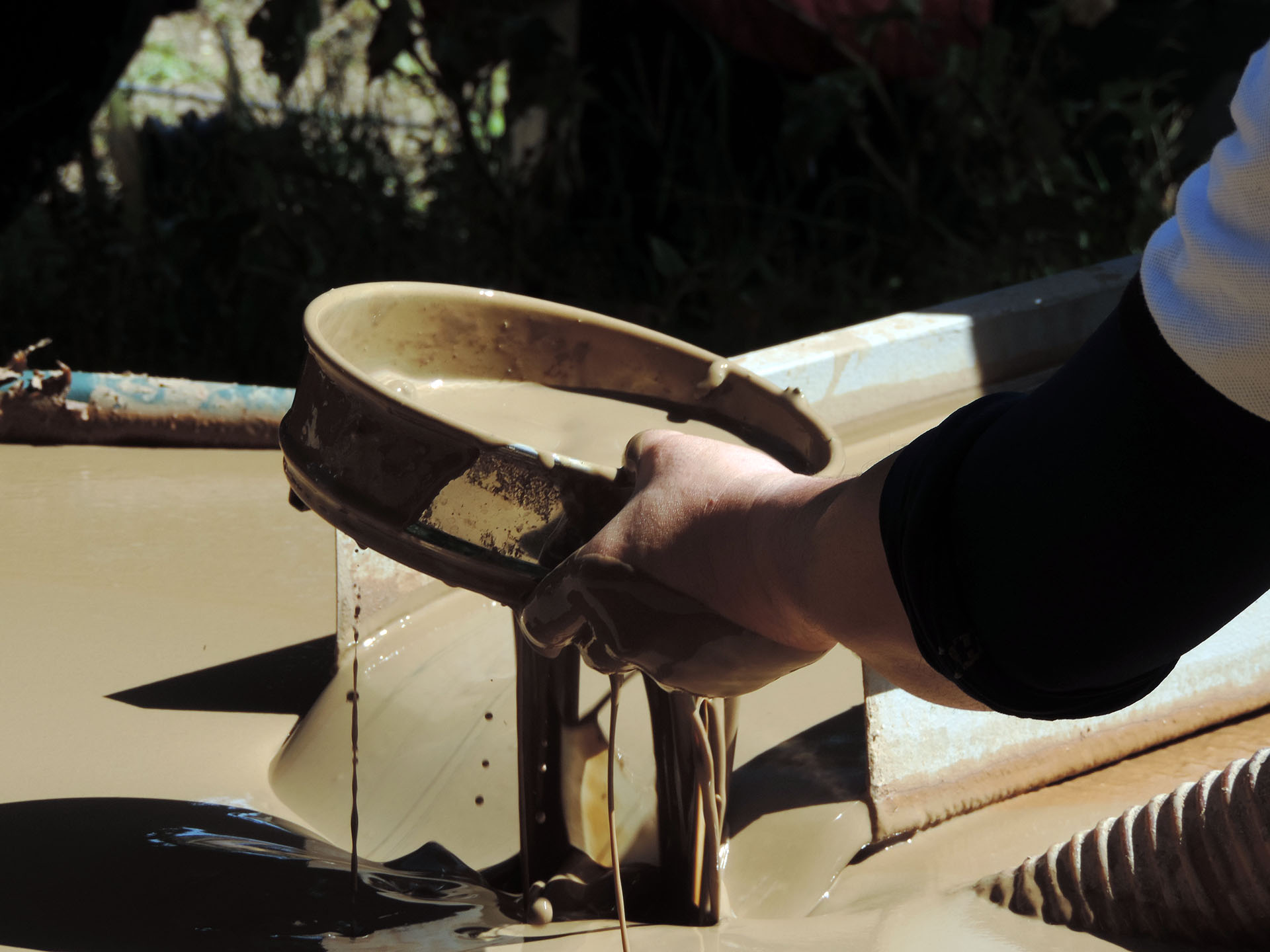
Figure 6. Collecting of strata samples per 1.5m depth 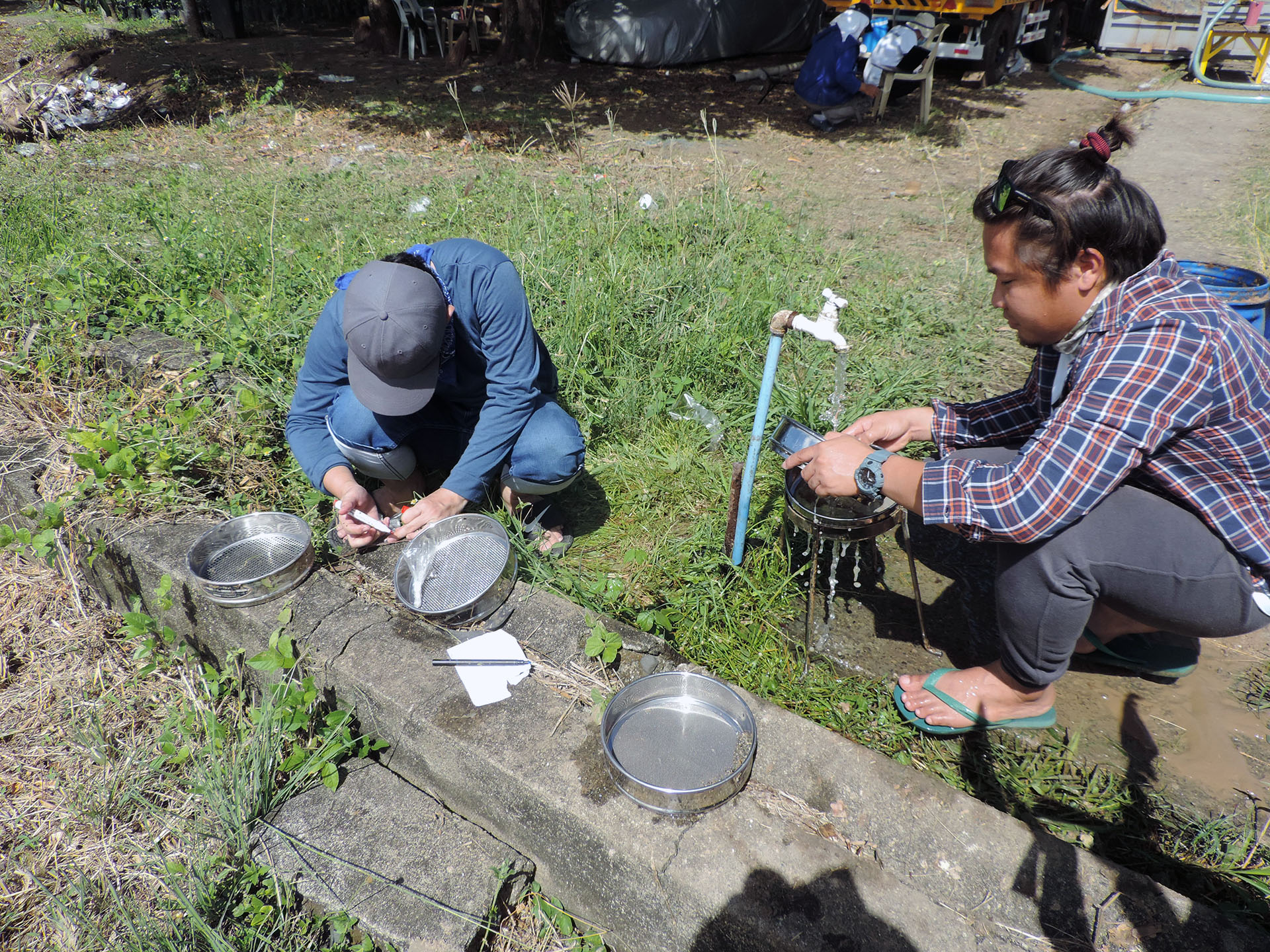
Figure 7. Labelling and recording of strata samples per 1.5m depth 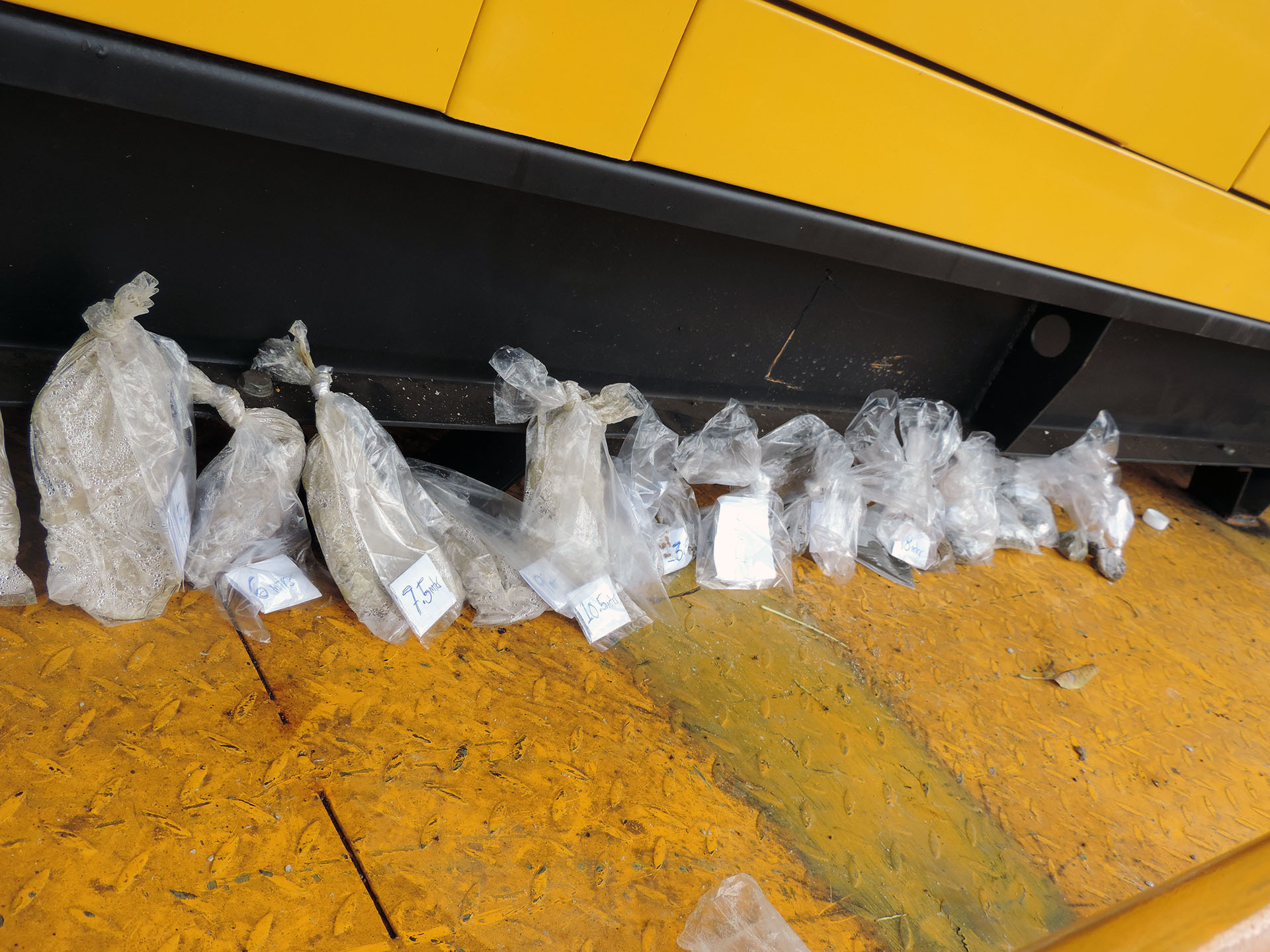
Figure 8.1. Strata samples with labels 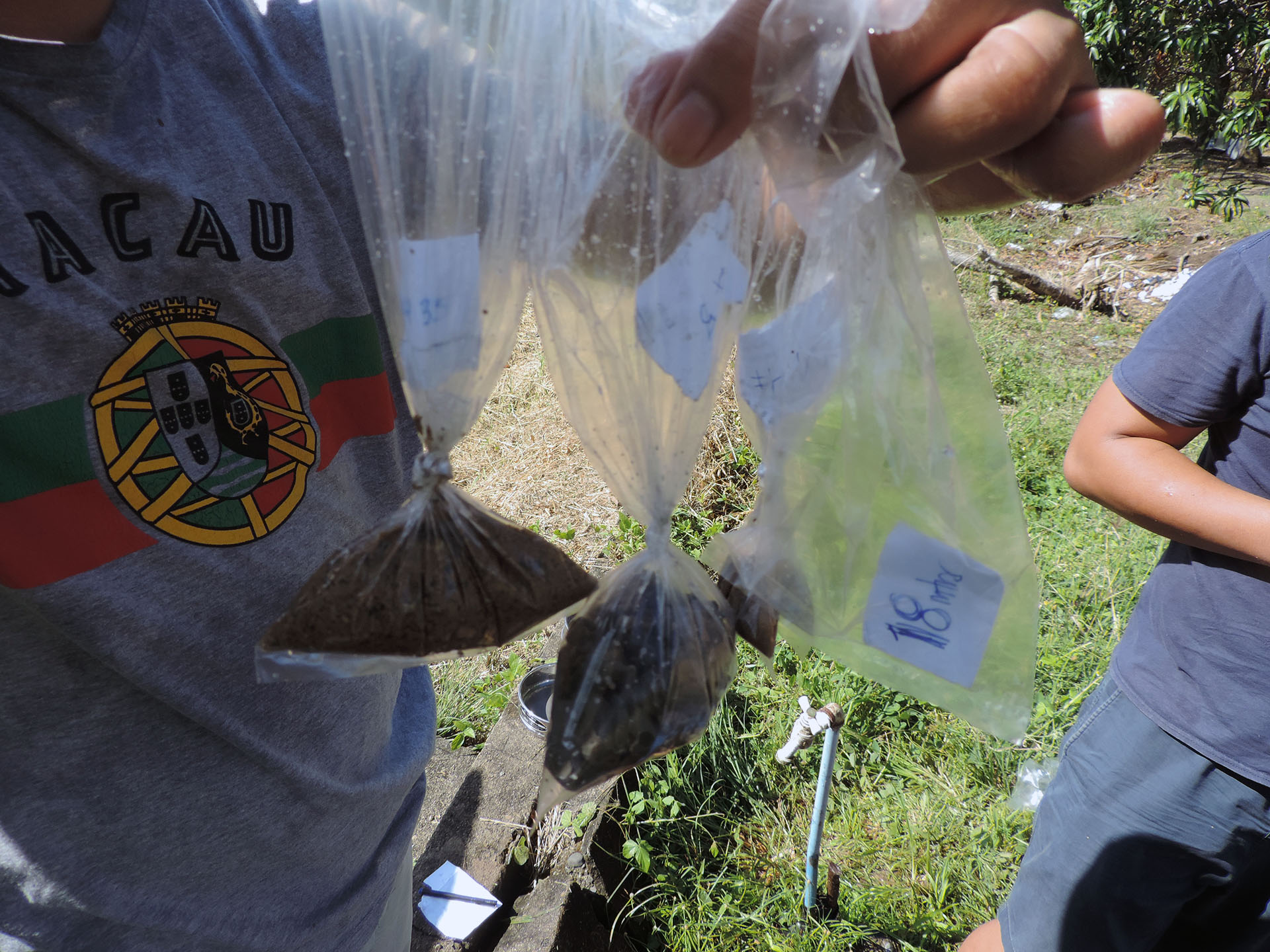
Figure 8.2. Strata samples with labels
The participants designed a well log based on the collected strata samples. It was analyzed and discussed by Engr. Alberto De Guzman to the participants. The drilling rigs and the georesistivity equipment were already with the said recipient DA agencies. These can now be used for requests for SPIS and Shallow Tube Wells (STWs) that will need groundwater development.
